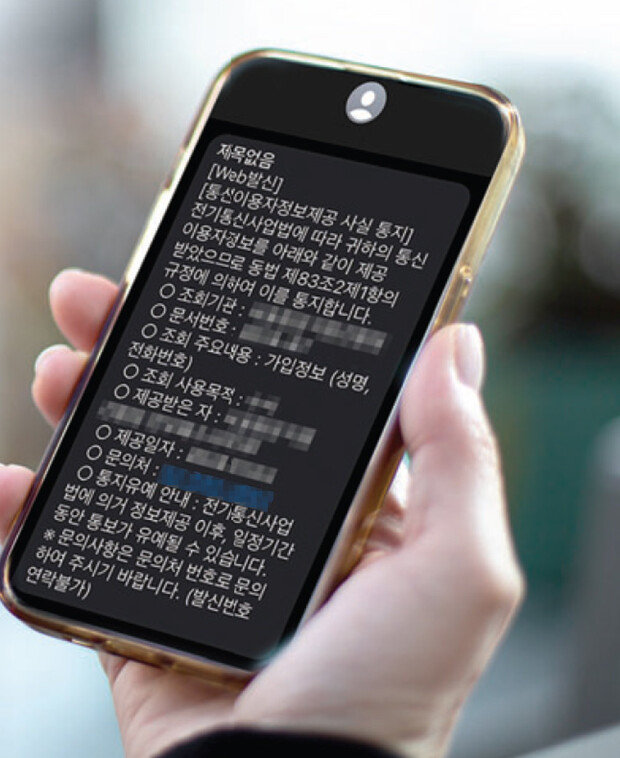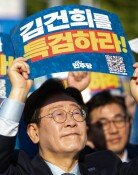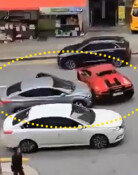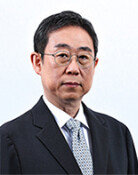‘Prosecution conducts communication investigation,’ says Democratic Party
‘Prosecution conducts communication investigation,’ says Democratic Party
Posted August. 05, 2024 08:04,
Updated August. 05, 2024 08:04

Controversy has arisen over the recent revelation that the prosecution searched telecommunication user information for about 10 Democratic Party lawmakers, including former party leader Lee Jae-myung, as well as aides and journalists. This was part of an investigation into the "suspicion of manipulation of public opinion by intervening in the presidential election."
The main opposition Democratic Party strongly objected, calling it "investigative governance that goes beyond public security governance" and "media surveillance." Meanwhile, the prosecution defended its actions as a "legitimate inquiry conducted during the investigation." Politically, some believe this controversy may escalate, reminiscent of the December 2021 incident where the Corruption Investigation Office for High-ranking Officials conducted large-scale communication inquiries into People Power Party members, then the opposition party, leading to suspicions of random inquiries.
On Saturday, former party leader Lee Jae-myung posted a screenshot of a text message on Facebook, saying, “It seems like communication inquiries are popular, and my communication records were also viewed.” The first anti-corruption investigation unit of the Seoul Central District Prosecutors' Office obtained information on telecommunications users, including Lee's name and phone number, on Jan. 4 this year as part of their investigation. Democratic Party lawmakers Kim Seung-won and Choo Mi-ae also shared similar text messages related to the provision of their communication information on Facebook.
It was reported that the group chat room of the newly-elected Democratic Party members was in an uproar over the weekend. “I also received a text message notifying me of a communication inquiry," about 10 lawmakers, including Noh Jong-myeon, Park Beom-gye, and Heo Jong-sik, posted protest messages. A Democratic Party aide said that many of the aides also received the same notification text message and were embarrassed.
“If there is a risk of obstruction of the investigation, such as destruction of evidence or escape, the notification period can be extended twice for three months each,” the prosecution said in response.
안규영 kyu0@donga.com







